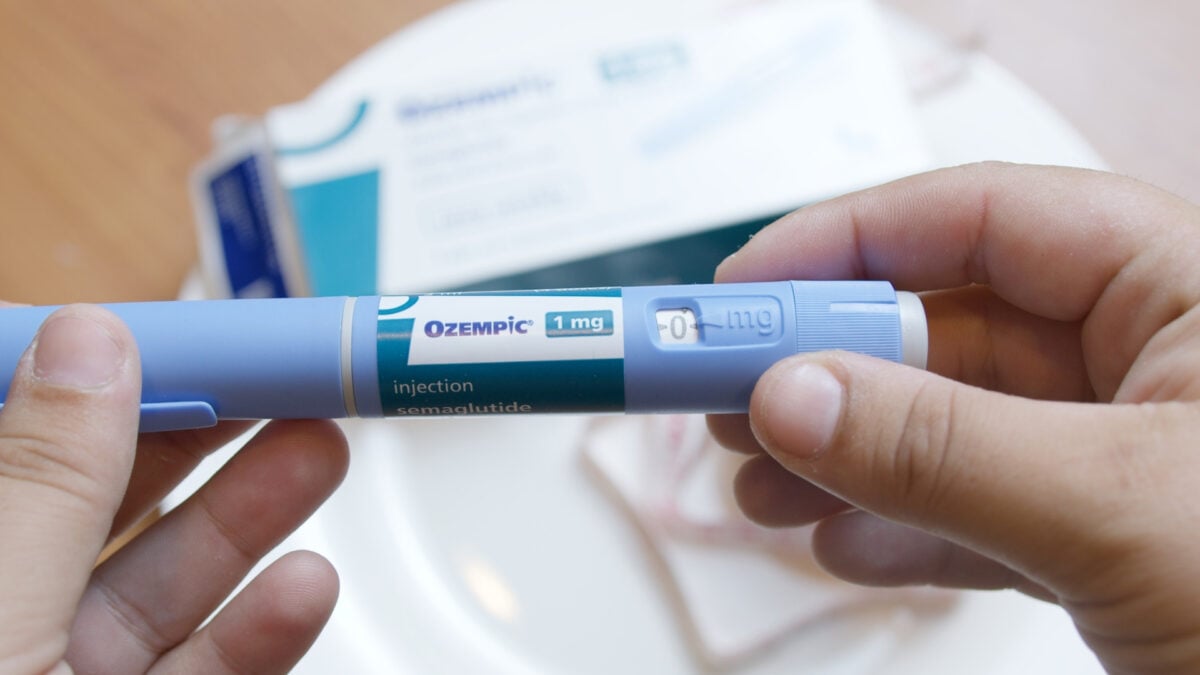Surgery Outperforms GLP-1 Drugs in Real-World Weight Loss Study

NEW YORK CITY – In the ongoing battle against obesity, bariatric surgery continues to prove its supremacy over the latest GLP-1 medications. A new study from New York University reveals that patients undergoing surgery lose significantly more weight compared to those taking the newest GLP-1 drugs.
Immediate Impact
The research, conducted by scientists at NYU, analyzed real-world data from obesity patients and found that surgical patients lost five times more weight over two years than those prescribed GLP-1 drugs. This stark difference underscores the limitations of these medications outside controlled clinical environments.
Key Details Emerge
Senior study researcher Karan Chhabra, a bariatric surgeon and assistant professor at the NYU Grossman School of Medicine, emphasized the importance of considering real-world data. “When you see a new popular drug come out, you have to take it with a grain of salt,” Chhabra explained, highlighting the need for long-term data.
By the Numbers
58 pounds: Average weight loss for surgical patients over two years.
12 pounds: Average weight loss for GLP-1 patients over the same period.
5x: Weight loss difference in favor of surgery.
Background Context
Bariatric surgery, including procedures like sleeve gastrectomy and gastric bypass, has long been the gold standard for obesity treatment. Patients typically lose 20% to 30% of their baseline weight post-surgery, with sustained health improvements. However, the introduction of GLP-1 drugs like semaglutide has shifted the landscape of obesity treatment.
Industry Response
The findings, presented at the American Society for Metabolic and Bariatric Surgery’s annual meeting, challenge the perceived efficacy of GLP-1 drugs. These medications, while effective in clinical trials, have not matched surgical outcomes in real-world settings. Chhabra noted that up to 70% of GLP-1 patients discontinue use due to side effects or cost, affecting overall effectiveness.
Expert Analysis
Chhabra and his team examined over 50,000 anonymous medical records from NYU Langone Health and NYC Health + Hospitals. They adjusted for variables such as age and starting BMI to ensure comparability between groups. Despite the promising trial results, the real-world application of GLP-1 drugs has not met expectations.
Regional Implications
The study’s implications extend beyond individual treatment choices, affecting insurance coverage and healthcare policies. As GLP-1 drugs are often not covered by insurance, the financial burden on patients can be substantial, further influencing treatment adherence and outcomes.
What Comes Next
Looking ahead, Chhabra’s team plans to delve deeper into why GLP-1 therapy falls short in real-world scenarios. They aim to explore factors such as patient adherence, dosing, and the role of telemedicine in treatment efficacy. The research highlights the need for comprehensive patient education and realistic expectations.
Ultimately, the choice between surgery and medication remains personal and complex. As Chhabra concluded, “People need to be aware of these treatments’ pros and cons, and those choosing GLP-1s should manage their expectations.”






